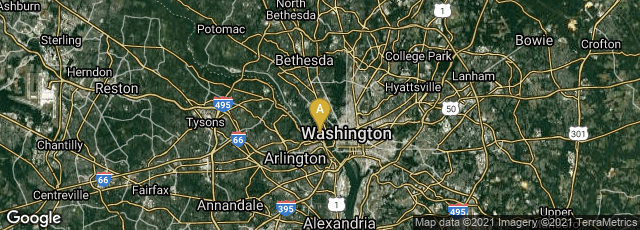

A: Washington, District of Columbia, United States
At the Plenary Session of the U.S. National Commission for UNESCO held at Georgetown University on June 6, 2005 Librarian of Congress James H. Billington offered a Proposal for a World Digital Library. A link to the World Digital Library site can be found here.
"The invention of the printing press with movable type fanned religious wars in the 16th century. The onset of telegraphy, photography, and the power-driven printing press in the 19th century created mass journalism that fulminated nationalistic passions and world wars in the 20th century. The arrival in the late 20th century of instantaneous, networked, global communication may well have facilitated the targeted propaganda, recruitment, and two-way communication of transnational terrorist organizations more than it has helped combat them.
"We are now discovering—painfully and much too slowly—that deep conflict between cultures is in many ways being fired up rather than cooled down by this revolution in communications, as was the case in the 16th and 19th centuries. Whenever new technology suddenly brings different peoples closer together and makes them aware of certain commonalities, it seems simultaneously to create a compensatory psychological need for the different peoples to define—and even assert aggressively—what is unique and distinctive about their own historic cultures."
On November 11, 2005 the Library of Congress announced a plan to create the World Digital Library of works in the public domain. Google donated $3,000,000 toward the costs of planning this project.